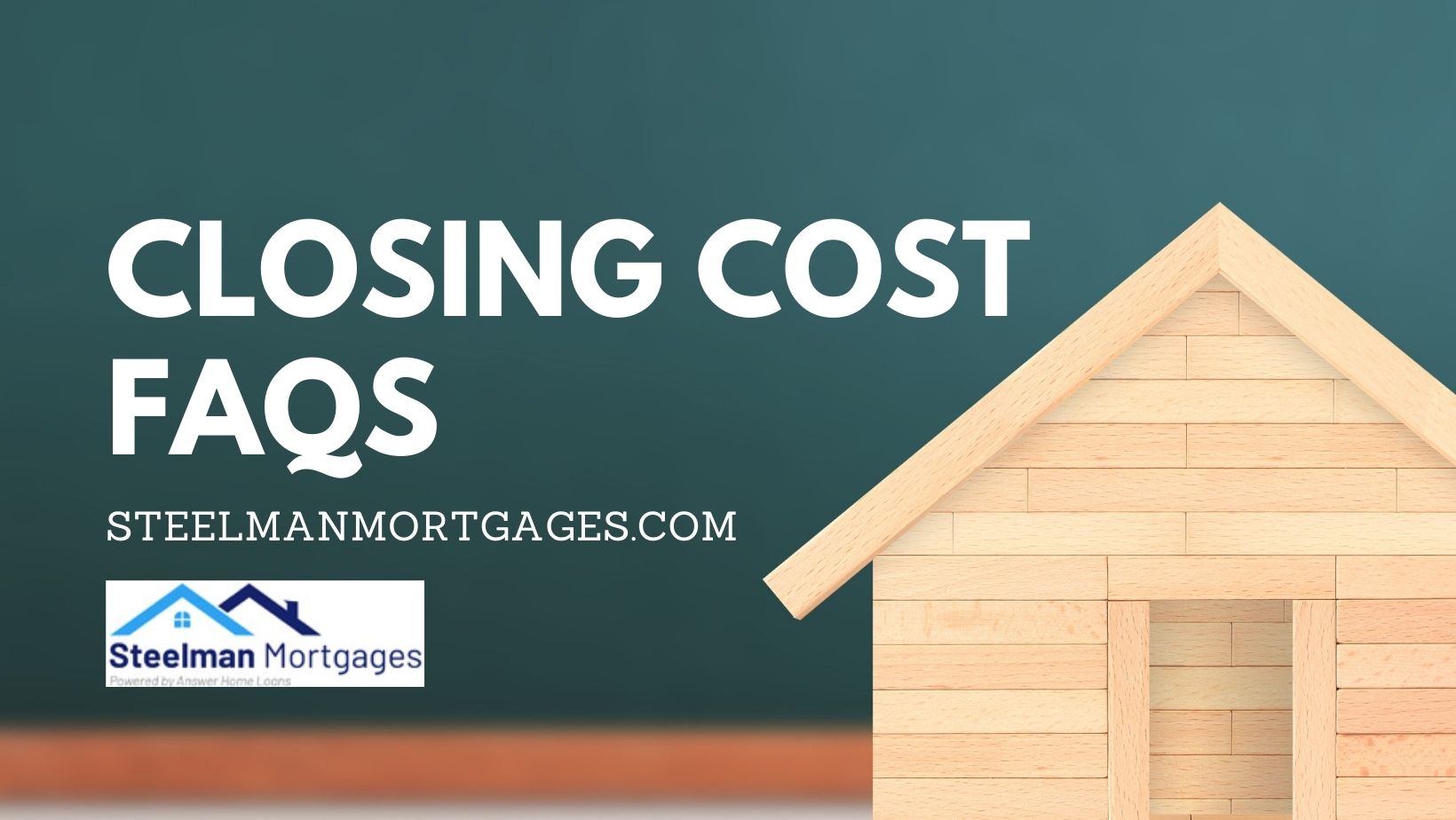As you prepare to buy a home, there are some new terms that will enter your vocabulary and become some of your most frequently used words. One of these is “escrow.” The more informed you are, the more confident and calm you will feel during the home buying process, so keep reading to familiarize yourself with escrow.
“Escrow” vs. “Escrow Account”
You will hear two terms that may seem interchangeable at first, but are actually two distinct things. Escrow is a legal term that means the deed, deposit, funds, or property are being held by a neutral third party while a real estate deal is completed. You will also hear this process described as being “in escrow.”
An escrow account, on the other hand, is where funds are held by your mortgage lender. This is account is used to pay property taxes and insurance premiums, and is funded as a part of your monthly mortgage payment.
Who is the neutral third party and what do they do?
The third party might be a law firm, title company, or an escrow company. Their role is to mediate the real estate deal, holding all the funds until the deal is complete. By holding onto these funds while the deal is in escrow, earnest money is protected and homeowners’ funds for home expenses are held securely. The third party will not release funds to the seller until all of the conditions have been met, protecting the interests of both seller and buyer.
What is the purpose of escrow?
To understand why escrow is important, let’s imagine the home buying process without a neutral third party to mediate. After having an offer accepted, you will put down earnest money (also called a good faith deposit), which is essentially a way of putting your money where your mouth is. Earnest money says you’re serious. Without escrow, where would this money be held? Would you be comfortable giving this money to the seller and trusting them to return it if the deal did not go as you expect? This is a level of risk most buyers are not comfortable taking.
In addition to protecting earnest money, all funds are held by the neutral third party until conditions of the sale have been met. Imagine that after reading the report from the home inspection, you discover that a major repair is needed. After negotiating with the seller, they agree to pay for the repair before closing the deal. Without a third party involved, you would be taking the sellers’ word. With a third party, you can trust that funds will not be released to the seller until the terms of the sale are met. This protects your financial interests, and subsequently your peace of mind.
When does the escrow process end?
Escrow closes when the terms of the sale have been met. This process tends to take between 30 and 60 days, depending on a variety of factors that might include:
- Problems discovered during the inspection
- Appraisals
- Bank delays
- Funding issues for the buyer (e.g. changes in credit score or other eligibility factors)
- Unknown leins
- Agreed upon repairs to the property
When both parties meet the condition of the sale, escrow will close and the home belongs to the buyer.
Do I have to have an escrow account with my lender?
After closing on your home, your lender will set up an escrow account. In most cases, you will pay to fund this account at closing, with between 3 and 12 months’ worth of property taxes and insurance premiums. This escrow account acts as a built in savings account, one you won’t be tempted to draw from. It also puts the responsibility of paying for these two essential components of homeownership on your lender, giving you peace of mind and one less item on your to do list. This also makes it easier to qualify for a mortgage, because if gives the lender more peace of mind when they are the ones making sure the insurance is up to date and property taxes are being paid on time.
In some cases, you may qualify for a loan without having an escrow account. If you are confident that you will be sure to pay taxes and insurance on time, and it doesn’t affect your mortgage terms or eligibility, then you are free to opt out of the escrow account.
If you’re ready to buy your first home, or want to talk with someone about when is the right time to buy your first home, contact us any time!
IF you enjoyed this post, these might be helpful as well:
5 Common Mortgage Mistakes to Avoid
The Most Important Steps Toward Buying Your First Home
Steps to Determining Your Mortgage Budget
5 Benefits of Buying a House with Good Credit
What’s the Difference Between Pre-Approval and Pre-Qualification?
10 Days to Know About a VA Loan
High-End Home Buying Tips for Millennials
7 Signs You’re Ready to Buy a House




